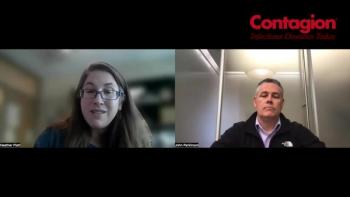
The company’s investigational vaccine, V116, is a conjugate vaccine and demonstrated immunogenicity for all 21 serotypes across the studied adult groups.

The company’s investigational vaccine, V116, is a conjugate vaccine and demonstrated immunogenicity for all 21 serotypes across the studied adult groups.
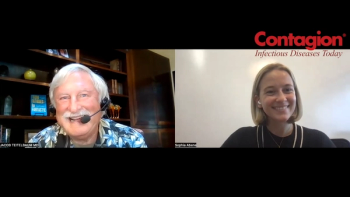
Insights from Jacob Teitelbaum MD on Long COVID Awareness Day.

Saskia Popescu PhD, MPH, MA, FAPIC on understanding the emergence of the origin for future pandemic preparedness, promoting global health security, and addressing long-term health impacts.

The impact of remdesivir across age groups.
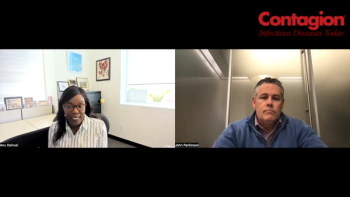
The first-in-class entry inhibitor delivered therapeutic benefits over a long study period for patients with chronic infection.

Customizing treatment strategies for enhanced outcomes and longevity.

The therapy, lenacapavir, showed sustained virological suppression and safety over a 2-year period in this treatment-challenged patient population.
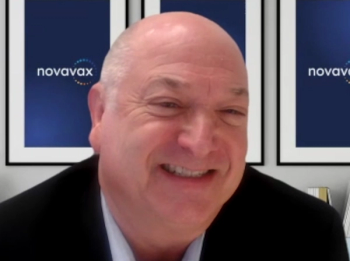
Novavax's Robert Walker, MD emphasizes protective health strategies highlighting the importance of COVID-19 vaccination for hypertensive individuals.

A new paper outlines how these variables can be connected to create situations where patients get less-than-optimal outcomes.
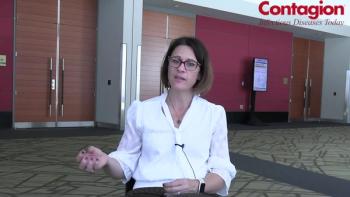
Investigators looked at potential risk factors as incidence rates changed over time after the introduction of COVID-19 and whether race and other variables affected the potential development of these infections.

How the development of antimicrobial stewardship programs can be an effective strategy for beginning to reduce this critical timing for patients in ICUs.
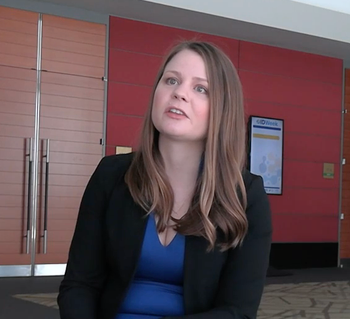
A recent novel study found reduced mortality rates in combining these therapies in patients being treated for this specific bacteremia.
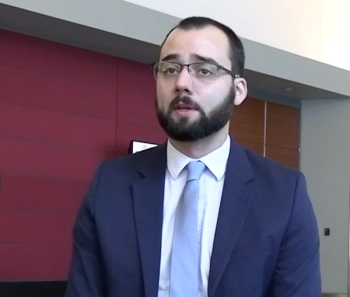
A study showed utilizing a PCR-based test can narrow therapy quicker and help in resolving these infections sooner.
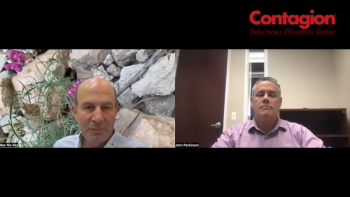
A small study showed high efficacy for the same strain of Pseudomonas aeruginosa.
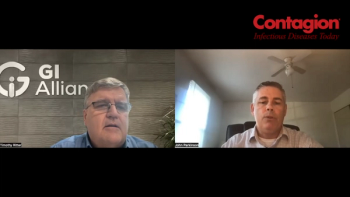
With the FDA approval of 2 of these products, which are indicated for recurrent Clostridioides difficile infection (CDI), a study reviewed which types of clinicians are prescribing them and the protocols in using them.
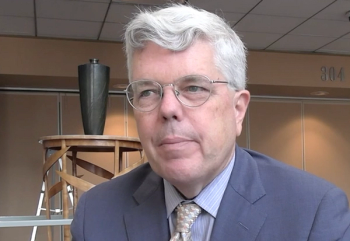
Although the current reimbursement model makes it difficult for pharmaceutical companies to recoup their investments, a subscription model like the prospective congressional bill, the Pasteur Act, may help change that paradigm. In addition, there are international measures being carried out that may bring about changes.
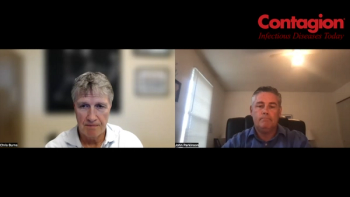
The companies announced a licensing agreement on cefepime-taniborbactam.
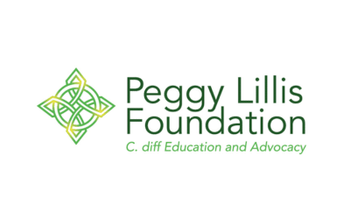
The patient advocacy organization has events in place and is ready to launch its annual C diff awareness campaign.

A new study that went beyond the current standard of testing for the respiratory virus resulted in greater incidence rates and a truer accounting of case loads.
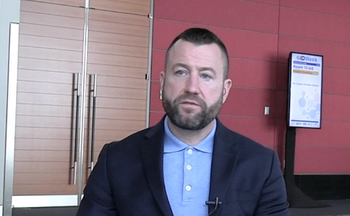
A clinician discusses the ongoing challenges presented with critically ill patients and the timing and scope of antibiotic prescribing practices.
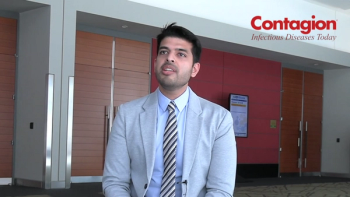
A study presented at IDWeek details some of the shortfalls in utilization.
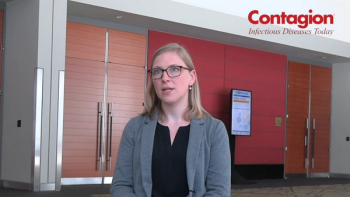
Codagenix is reporting data at this year’s IDWeek for its live-attenuated vaccine candidate, CoviLiv.
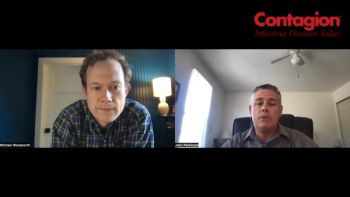
Social determinants such as housing and transportation were strong predictors of patients receiving fecal microbiota transplants (FMT).

Earlier this year, cases of fungal meningitis were discovered at 2 surgical clinics in Matamoros, Mexico. The CDC offers an update on this deadly outbreak.
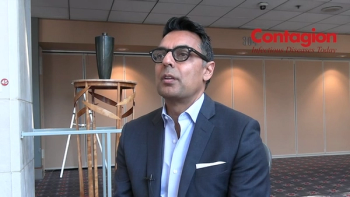
Toronto, Canada-based Bluedot offers surveillance tracking information to identify trends for viruses and syndromes efficiently to aid public health officials and other key stakeholders to assess situations and make decisions around this data.
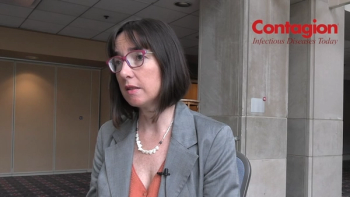
The subject is one where it does not garner the attention of other serious health topics, but key stakeholders say it should.
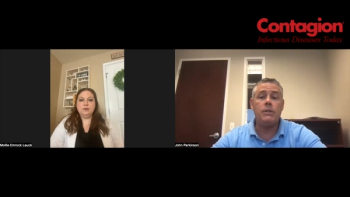
In our continuing series with members of the Peggy Lillis Foundation, here is an opportunity to hear about people’s experiences, lessons learned, and the new treatments that can lead to hope and not the hopelessness people have been living with during their ordeals.
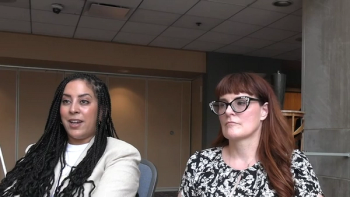
Misinformation created unnecessary hospitalizations and mortality and demonstrated the chasm in public health communication.
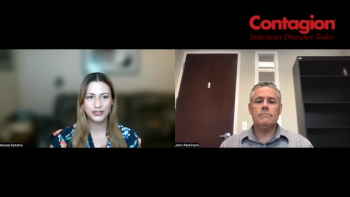
Alyssa Dykstra is experiencing a drastic increase in paying for her medication for autoimmune arthritis. Insurers are utilizing a loophole provided by the federal government to allow them to disallow coupons, thus raising prescription costs for patients.
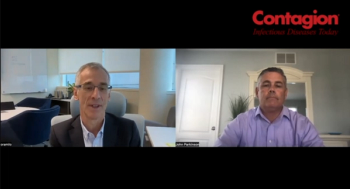
With the FDA approval of nirsevimab-alip (Beyfortus), which is indicated for prevention of respiratory syncytial virus (RSV) in infants, clinicians will need to have important conversations with families around this monoclonal antibody, beginning this fall.